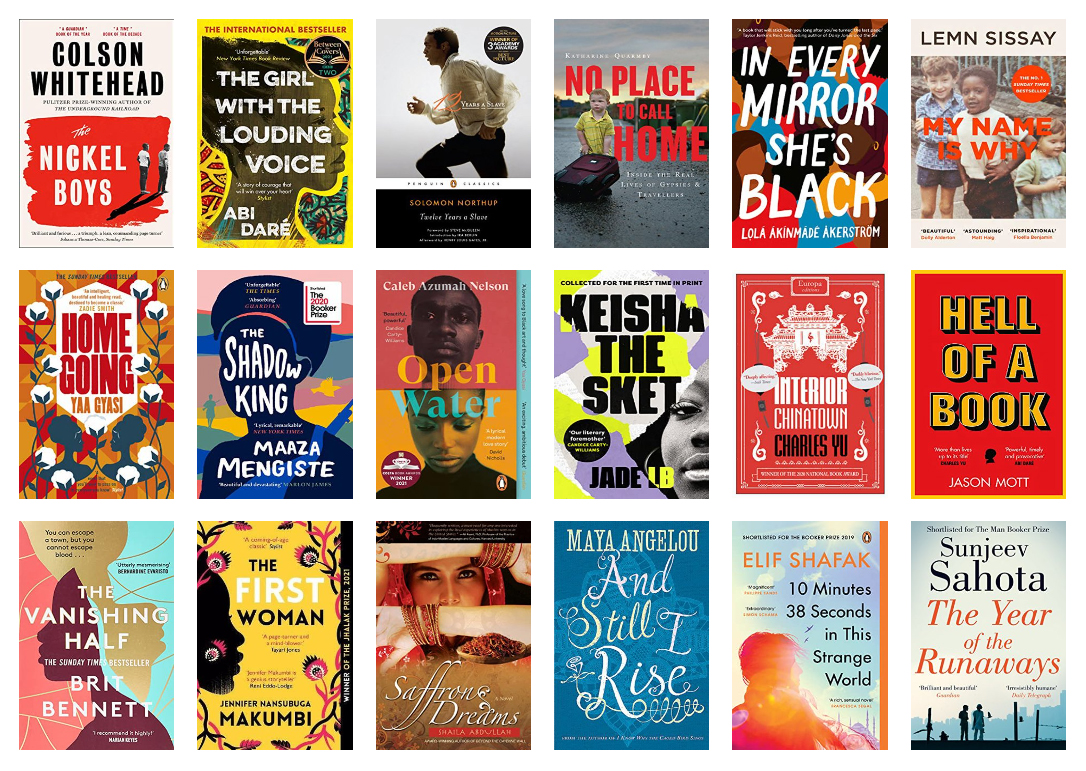Reading for pleasure
We work to tempt people into reading, to enlarge reading lives and to help readers find their next favourite read – maybe something that they never knew they wanted. We aim to make work that opens up reading choices, helping readers discover something new for themselves. To do this we have pioneered reader-centred ways to curate collections to present varied, challenging, surprising and tempting reading choices.
Our work has mostly been delivered in partnership with public library services, both in the UK and also in Europe, Australia and North America. We share our values with public libraries, believing that reading is not a luxury and that readers want to be offered access to a comprehensive collection of fiction and non-fiction in different formats, without being judged by what they choose to read.
Opening the Book has been thriving since 1990 – we are one of the longest-standing independent cultural small businesses in the UK. Our cohesive team of creative professionals has a strong reputation for innovative, groundbreaking practical projects delivered on budget and on time. We take pride in always offering a high degree of responsiveness and flexibility. We listen to partners and clients – it’s how we learn and is the basis of our success.
Our current projects
Collection development
Helping libraries develop rich and diverse collections is a core part of Opening the Book’s work. We created the first ever booklists for libraries seeking to promote Black British writing, queer writing, narrative non-fiction and alternative formats for those with visual impairments. For the Audit Commission we developed the Stock Quality Health Check which was used to measure the quality of an adult fiction collection across public libraries in the UK and Ireland.
The Ask for a Book project ran from 2022–2024 and created cover design collections that start from visual appeal and bring books together which share recognisable elements – it’s a lot of fun to choose a book by its cover. Themed collections start from a topic or interest and widen out to include an intriguing mix of titles which go beyond a standard subject collection.
Enjoy the showcase examples here, they will change every week.
Collection: Still We Rise

Digital projects
Opening the Book’s tech team has created a superb training platform to make online learning an enjoyable experience. Our courses give every learner their own online workspace for notes and reflection; offer interactive exercises with book covers to teach book knowledge as well as audience targeting and merchandising skills; and enable dialogue between learners and mentors to apply the learning to your own workplace. 20,000 staff have taken our courses in 5 continents.
We bring content and tech expertise together to create groundbreaking websites for readers. 4ureaders.net was the first library site for teenage readers in Scotland; 9 services in the East Midlands linked up to offer Blind Date with a Book to 16–25s; Give me a Break ran as a website and physical promotion across every library service in Wales. Over the years whichbook has enabled over 8 million readers to find new books in innovative ways. The site ran for 5 years in Norwegian and Dutch versions too.
Training courses
Self-paced courses for library staff, delivered on our online training platform.
Archived websites
Earlier digital projects for readers that helped shape our approach.
Engaging with readers
These are the key principles of Opening the Book’s reader-centred approach to promoting books and reading. They have been shared around the world and generated thousands of different promotions. If ever you’re stuck for an idea, pick one of these and see how you can implement it in your next display/event/social media post.




